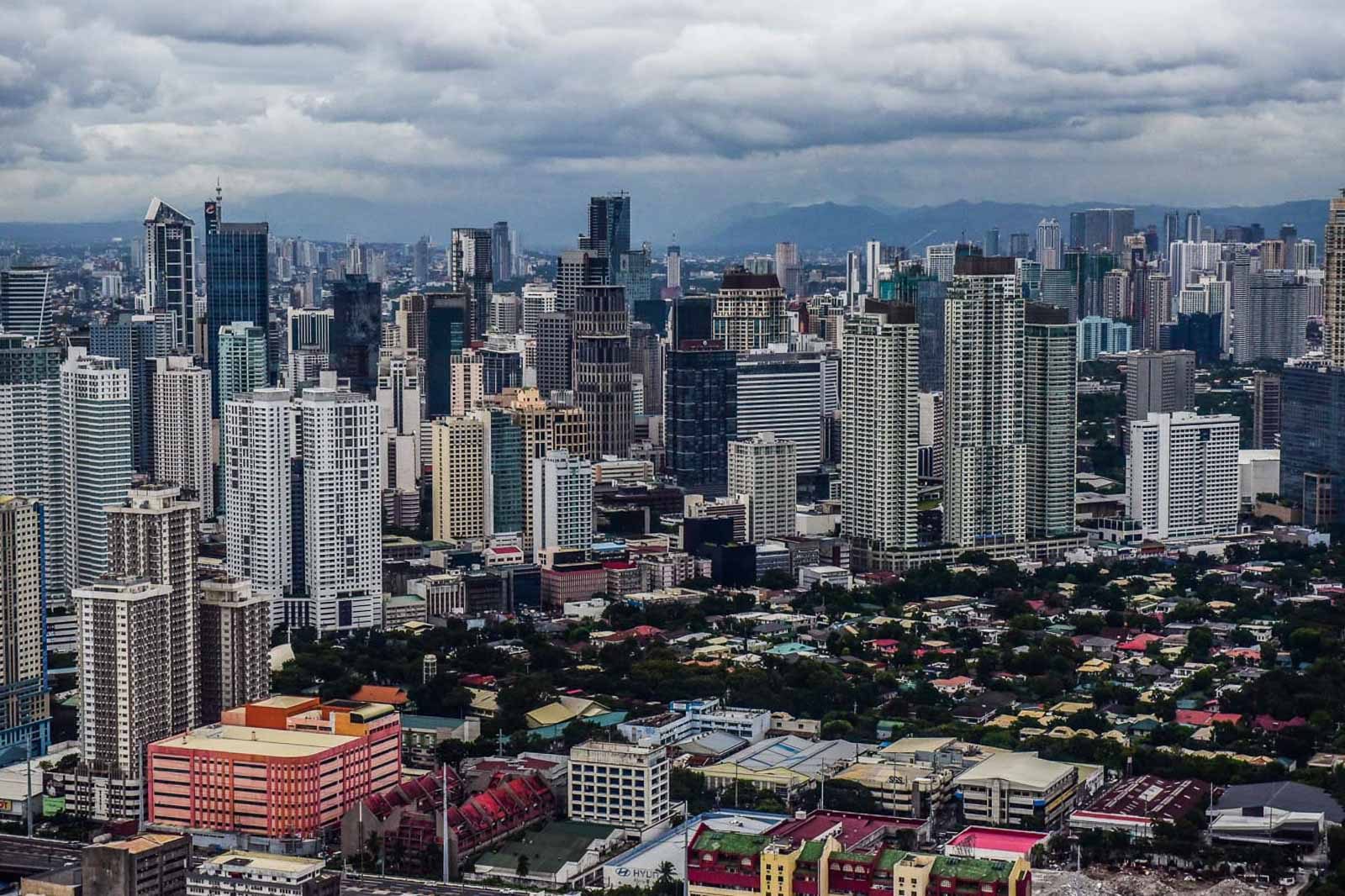SUMMARY
This is AI generated summarization, which may have errors. For context, always refer to the full article.

Editor’s Note: Two hours after this story was published, the Philippine government confirmed that President Rodrigo Duterte has approved this recommendation by IATF. Click this link to read the latest.
The Inter-Agency Task Force on Emerging Infectious Diseases (IATF) has recommended to President Rodrigo Duterte that Metro Manila and the surrounding provinces of Cavite, Laguna, Bulacan, and Rizal be placed under enhanced community quarantine (ECQ) – the strictest quarantine measure in the Philippines.
This was confirmed to Rappler by two ranking sources on Saturday, March 27. On Saturday afternoon, the IATF briefed Metro Manila mayors and local chief executives from surrounding provinces that they had made the recommendation to Duterte amid the surge of coronavirus cases in Metro Manila and surrounding regions or, as coined by the Duterte government, “NCR Plus.”
The main recommendation of the IATF: to place “NCR Plus” under ECQ for at least one week. (READ: Stricter quarantine measures to be considered if surge continues – Duque)
The sources said they were briefed that Duterte reportedly approved of the measure, and that the President would make the announcement.
However, the date of the ECQ’s coverage is still being debated as the President, according to a source briefed on the matter, wants to make sure that relief plans were included in his announcement.
A year into the pandemic, national and local governments funds have been spent on social relief programs beginning in March 2020, when lockdowns were imposed in various areas of the country at the start of the pandemic, and continued up to 2021.
If the ECQ pushes through, more funds are needed for relief programs. The strategy on how to go about this is a heated debate between the executive and local governments.
Earlier on Saturday, amid rumors of another lockdown due to the sharp rise in COVID-19 cases, Defense Secretary Delfin Lorenzana said at the time that the government is not eyeing placing “NCR Plus” under ECQ next week.
Asked if it’s true the government will place “NCR Plus” under ECQ next week, Lorenzana told Rappler: “These are just rumors. We are still discussing options to stop the rise of new cases.”
What’s ECQ again?
ECQ is the strictest form of lockdown: crossing the borders of ECQ areas are prohibited, unless for essential travel, and people are banned from leaving their homes unless for essential tasks like buying food and other necessities and medical emergencies.
As with other quarantine measures, mass gatherings are banned, save for essential government services and authorized humanitarian activities.
Under ECQ, as previously imposed and discussed at the IATF briefing for mayors on Saturday, public transportation will be suspended. Only shuttle services of essential workplaces, point-to-point services provided by the government, and movement of cargo vehicles would be allowed.
Only the following would be allowed outside:
- Essential workers
- Health and emergency frontline services personnel
- Government officials and frontline personnel
- Authorized humanitarian workers
- Persons traveling for medical reasons
- Persons going to the airport for travel abroad
- Persons crossing borders for essential work and going home
- Returning overseas Filipinos and Overseas Filipino workers.
Only the following industries are allowed to operate at full capacity
- Hospitals
- Health services
- Agriculture, forestry, fishery establishments
- Medicine, medical supplies, and medical devices manufacturers
- Transportation services for food, medicine, and other essential goods
The following establishments are allowed at 50% operational capacity:
- Private establishments for essential goods and services
- Media establishments
- Workers accredited by the Department of Transportation
Government offices are allowed to operate with skeleton workforces with alternative work arrangements.
The Octa Research group studying the pandemic situation in the country has made a similar recommendation to stop the steep rise in COVID-19 infections, but the experts are recommending that “NCR Plus” be placed under modified ECQ for two weeks. – With a report from Pia Ranada/ Rappler.com
Add a comment
How does this make you feel?
There are no comments yet. Add your comment to start the conversation.